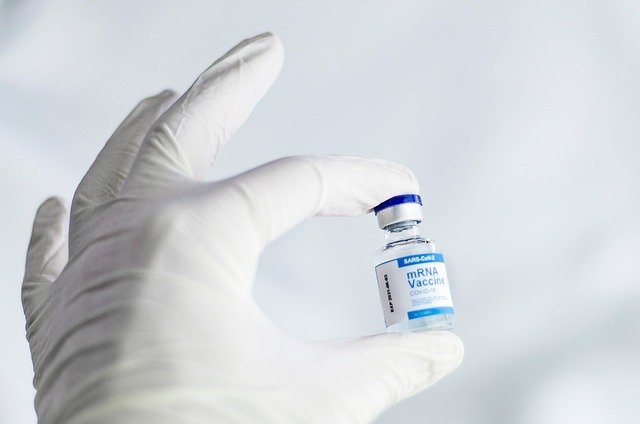Navigating Influenza Clinical Trials: Your Participation Guide
Influenza clinical trials play a crucial role in developing new vaccines and treatments to combat seasonal flu outbreaks. These research studies evaluate the safety and effectiveness of experimental influenza vaccines, antiviral medications, and prevention strategies. For individuals considering participation, understanding the process, requirements, and potential benefits can help make an informed decision about contributing to medical research that could benefit millions of people worldwide.

Navigating Influenza Clinical Trials: Your Participation Guide
Influenza clinical trials represent a vital component of medical research, testing new vaccines, treatments, and prevention methods for seasonal and pandemic flu strains. These studies follow strict protocols established by regulatory agencies to ensure participant safety while advancing our understanding of influenza prevention and treatment.
Participants in influenza clinical trials typically include healthy adults, elderly individuals, children, and people with specific health conditions, depending on the study’s focus. Researchers carefully screen volunteers to ensure they meet specific criteria and can safely participate in the trial.
What Happens in an Influenza Clinical Trial?
Influenza clinical trials follow a structured process that varies depending on the study phase and objectives. Phase I trials focus on safety and dosage, typically involving 20-100 participants. Phase II trials expand to 100-300 participants to evaluate effectiveness alongside safety. Phase III trials involve 1,000-3,000 participants to confirm effectiveness across diverse populations.
During the trial, participants receive either the experimental vaccine or treatment, or a placebo, in a randomized, controlled manner. Regular monitoring includes blood tests, symptom tracking, and follow-up appointments. Participants maintain detailed diaries documenting any side effects, illness symptoms, or changes in their health status.
The duration of participation varies from several weeks to multiple years, depending on the study design. Some trials require only a few visits, while others involve extensive follow-up periods to monitor long-term safety and effectiveness.
Finding and Joining Influenza Vaccine Trials
Several resources help individuals locate influenza clinical trials in their area. ClinicalTrials.gov serves as the primary database for federally and privately funded clinical studies in the United States. Research institutions, universities, and pharmaceutical companies also maintain websites listing current recruitment opportunities.
Major medical centers and research hospitals frequently conduct influenza trials, particularly during flu season preparation periods. The National Institutes of Health, Centers for Disease Control and Prevention, and academic medical centers often sponsor or coordinate these studies.
| Research Institution | Trial Types | Typical Compensation |
|---|---|---|
| NIH Clinical Center | Vaccine efficacy, antiviral treatments | $50-$500 per visit |
| Johns Hopkins | Seasonal vaccine studies | $100-$300 total |
| University of Rochester | Pediatric flu vaccines | $75-$200 per visit |
| Emory University | High-dose vaccines for elderly | $150-$400 total |
| Cincinnati Children’s Hospital | Pediatric influenza prevention | $50-$250 per visit |
Compensation amounts mentioned are estimates based on typical clinical trial practices and may vary significantly depending on study requirements, duration, and location. Independent research is advised before making participation decisions.
Eligibility requirements differ among studies but commonly include age ranges, health status, vaccination history, and geographic location. Some trials specifically seek unvaccinated individuals, while others require participants to have received previous flu vaccines. Pregnant women, immunocompromised individuals, and people with certain medical conditions may be excluded from some studies but specifically recruited for others.
The informed consent process ensures participants understand the study’s purpose, procedures, risks, and benefits before enrollment. This comprehensive discussion with research staff allows potential participants to ask questions and make informed decisions about their involvement.
Participation in influenza clinical trials contributes to the development of more effective vaccines and treatments that protect public health. These studies have led to improvements in vaccine formulations, dosing strategies, and administration methods that benefit millions of people annually.
Potential participants should carefully consider the time commitment, travel requirements, and any restrictions that may apply during the study period. Some trials require participants to avoid certain medications or activities that could interfere with results.
Before joining any clinical trial, individuals should discuss participation with their healthcare providers to ensure it aligns with their health needs and medical history. Healthcare providers can offer valuable insights about potential risks and benefits based on individual health circumstances.
This article is for informational purposes only and should not be considered medical advice. Please consult a qualified healthcare professional for personalized guidance and treatment.




